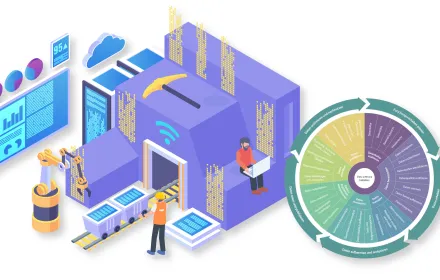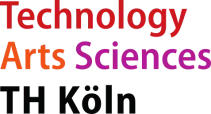Data literacy – Interpreting data through data mining
Data mining – it sounds like mining to dig for data deep underground. But what does it really mean? This course shows what data mining is and provides both a theoretical and practical insight into different data mining methods.

Overview
The treasure of data mining truly lies in large volumes of data, from which new insights into their interrelationships are to be gained. With the appropriate data, accurate predictions are possible. How does this work? And how can a programme learn from data by itself? This course offered by TH Köln provides an introduction to these questions. Self-learning algorithms of data mining are presented, and their concepts are illustrated clearly. You are invited to apply these algorithms yourself to different problems, for example, using real datasets in Jupyter Notebooks.
What content can I expect?
- All steps of a data mining project are covered
- Important algorithms for supervised and unsupervised learning are clearly explained and implemented
- All methods presented are applied to examples and the results discussed
- Professional and ethical limitations are pointed out
What will I achieve?
After completing the course
- I am able to approach data mining problems using a systematic methodology
- I am able to select suitable data mining techniques and assess the results
- I am able to solve simple and complex programming tasks related to data mining in Python
What requirements do I need?
- The course can be attended without any prerequisites. At more advanced points, reference is made to concepts that require a basic understanding of mathematics.
- Without prior programming knowledge, solving the more demanding programming tasks is time-consuming.



